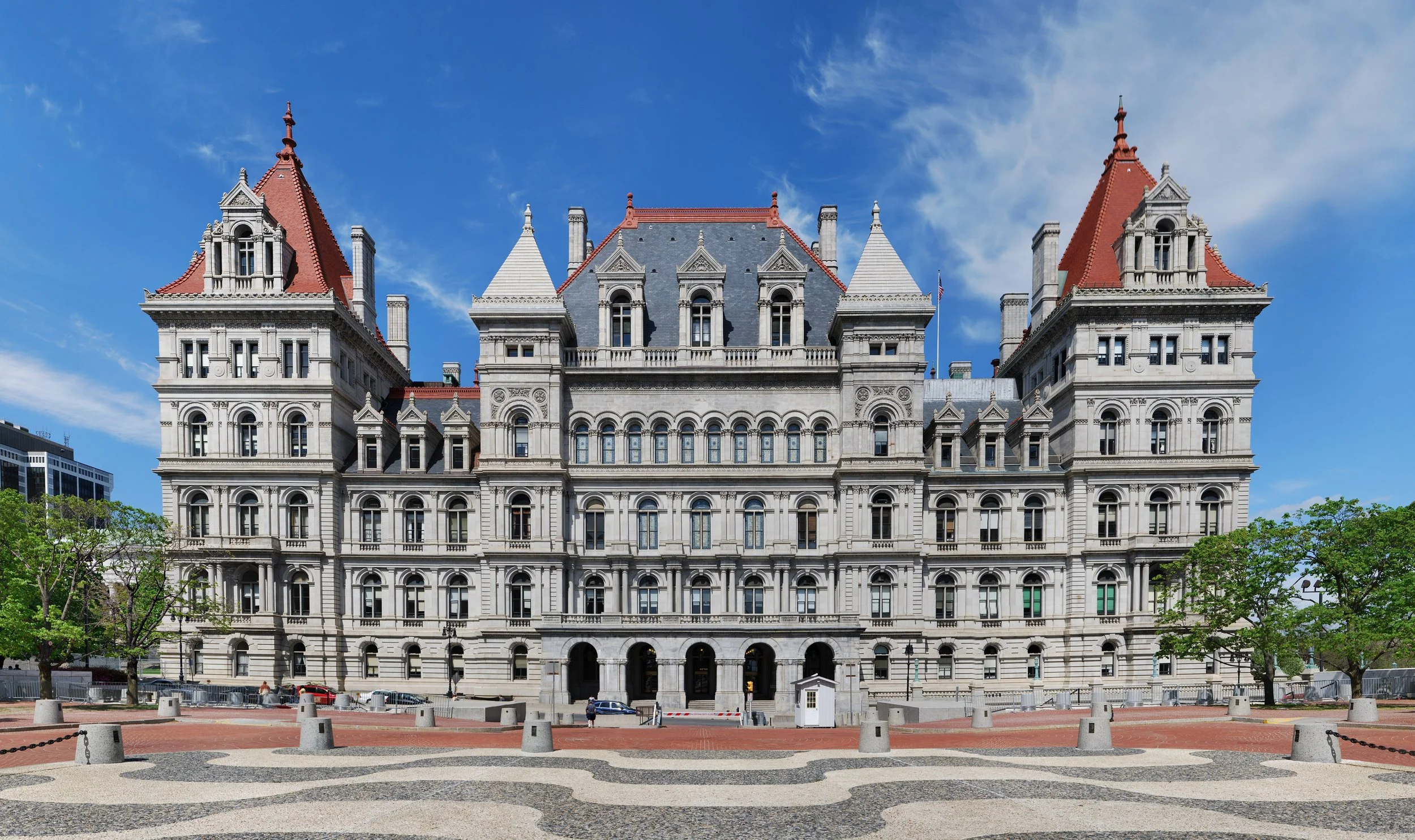SOURCE:
https://riverheadlocal.com/2020/09/16/riverheads-solar-moratorium-on-hold-for-now/
By Denise Civiletti - September 16, 2020
A proposed moratorium on new commercial solar facilities was tabled by the Riverhead Town Board yesterday.
The board voted 4-0 — with Councilman Frank Beyrodt recused due to family business interests — to table the measure for a short period of time to address concerns and questions about its language.
Community members and organizations submitted written comments and spoke via Zoom at yesterday’s meeting both in support of and in opposition to the proposed moratorium.
Various environmental advocacy organizations that support solar and other types of renewable energy opposed the moratorium.
Adrienne Esposito, executive director of Citizens Campaign for the Environment said this is no time for “a town passing an ordinance against renewable energy” — especially solar power.
“You know, 10 states are burning, we have a record number of storms in the Atlantic, we’re supposed to be embracing renewables, not banning them,” Esposito said.
Board members also heard opposition to the moratorium from the Long Island Progressive Coalition, the Sierra Club, the Nature Conservancy and the New York League of Conservation Voters.
Other moratorium opponents objected to the idea of delaying possible solar energy projects because they provide construction jobs and enhance future economic development in the region.
Still others objected because the moratorium didn’t go far enough.
“(N)either Riverhead Solar 2 nor Nextera, the only two projects currently in the pipeline, would be captured in the moratorium despite the fact that neither one has received any … approvals,” said former Riverhead councilwoman and past planning board chairperson Barbara Blass. “Moreover, neither project is vested,” she said.
Blass, as well as Toqui Terchun, president of the Calverton Civic Association, said the town should consider a broader moratorium that would temporarily halt other types of development in Calverton.
“Perhaps it makes planning sense to consider a broader focus of the moratorium to include all industrial zones within the Calverton hamlet, to re-examine the need for such a significant amount of land zoned industrial and to evaluate the permitted uses within these districts, especially in light of the redevelopment of EPCAL if and when that occurs,” Blass wrote in comments submitted to the board during the 10-day comment period following the Sept. 1 public hearing on the proposal.
The town has contracted with a planning consultant to prepare an updated comprehensive land use plan — the current plan was adopted in 2003. Blass and Terchun said the town should consider solar and all the other land uses allowed within the extensive industrial zoning in Calverton in the context of the master planning process.
Terchun, writing on behalf of the Greater Calverton Civic Association on Sept. 10, listed a half dozen land use proposals affecting Calverton — not event taking into account development on 1,600 acres of industrial land being sold by the town to a Triple Five Group affiliate.
“You must consider the environmental significance of the cumulative impacts of these proposed projects as provided in SEQRA. This is not optional,” Terchun wrote. She said the board should consider renewable energy alternatives to massive solar power facilities and seek to reap community benefits that go beyond property taxes.
Terchun advocated “a moratorium on further industrial development in the 11933 zip code until a comprehensive and cumulative approach to zoning and the extent of industrial
development in our community can be determined by the residents in coordination with the Town Board and its hired consultants.”
One resident advocated for banning solar energy production facilities permanently. Manorville resident and solar power opponent Ed Graham told the board to make the moratorium permanent. He said solar panels, which he said contain “toxic chemicals,” present an environmental hazard, both short-term and long-term.







